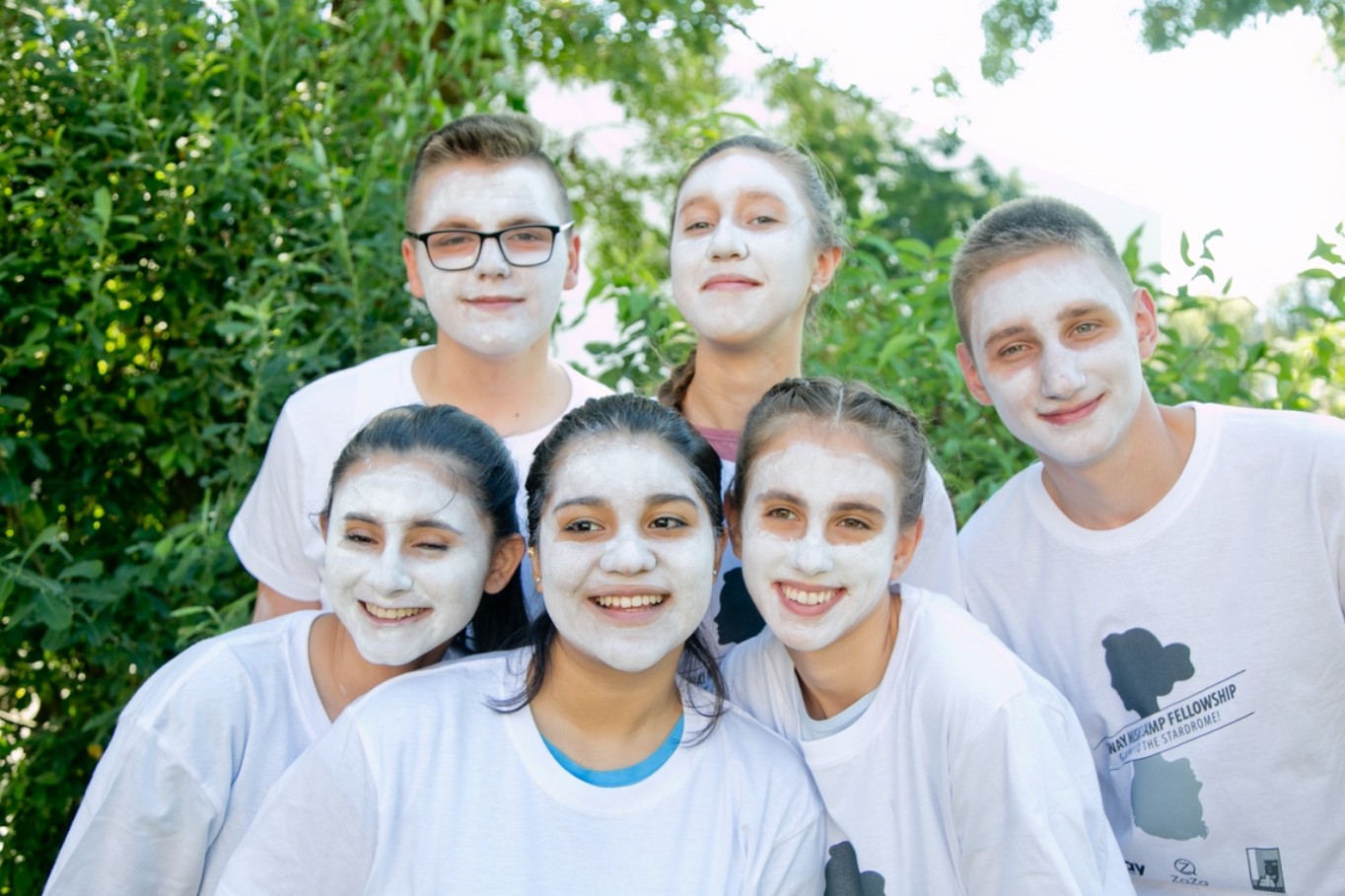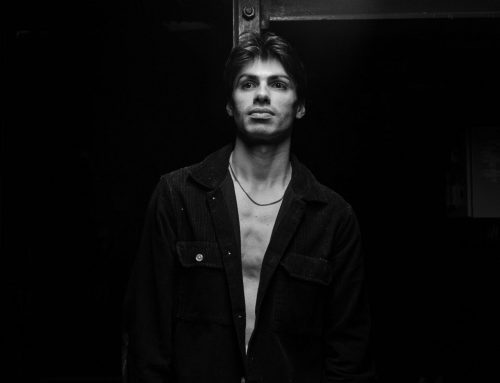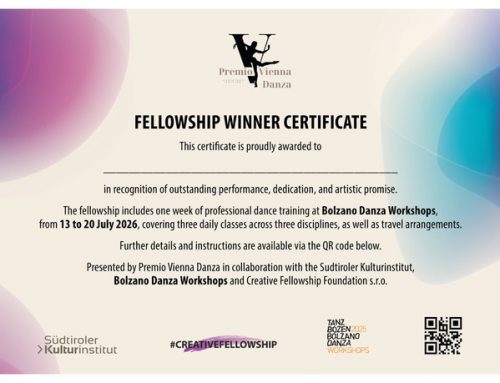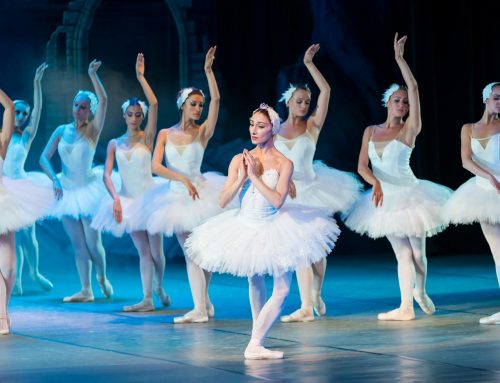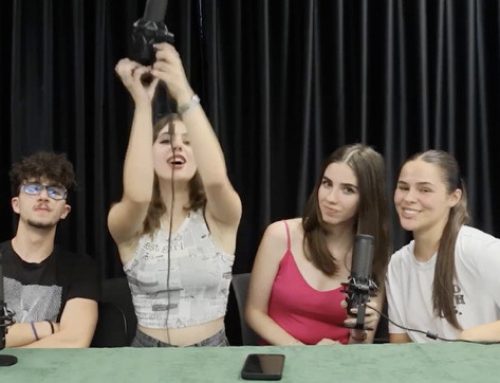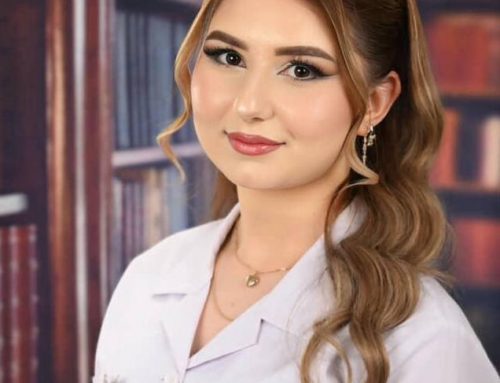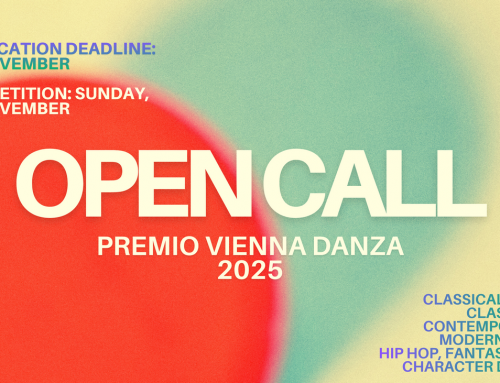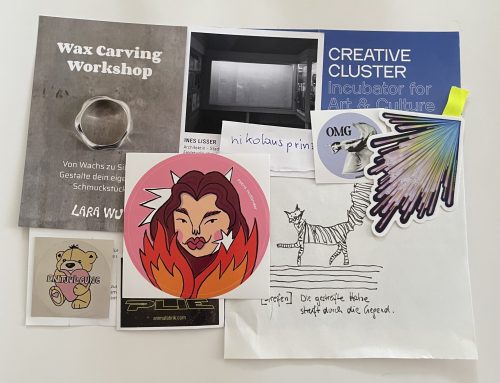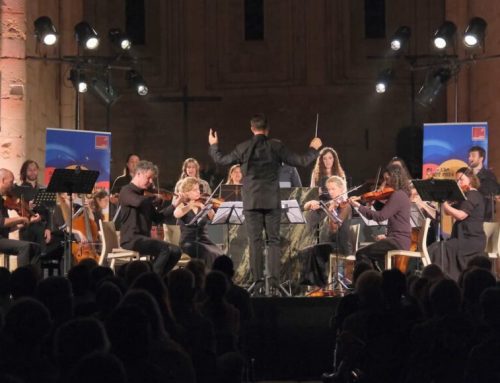For the second year running, Ukrainian young talents represented their country at the Salzburg Opera Camp for Children and Youth in Austria. Participation in the camp was possible thanks to the Solway music camp fellowship program introduced by the Solway Investment Group, in cooperation with the Salzburg Festival, Vienna Philharmonic and Austrian-American foundation in 2017 for young creatives residing in the areas of the company’s operation.
This year residents of Pubuzhskoe, Olga Lubchenko and Stanislaw Chyzh, had the privilege to experience the world’s most renowned classical music festival by participating in the Camp.
Stanislaw Chyzh, who has applied for the fellowship program twice and this year made it all the way to the finals, shares his experiences and gives insight on how to succeed.
What did impressed you the most in Austria in general, and particularly in the camp?
The city. I was very surprised and astonished by Salzburg. People are friendly, the streets are very clean and everything is very well thought through. Not only in Austria, but generally speaking in Europe. The fact that it is possible to completely stage a full size opera performance in a week exceeded any of my expectations. Back home this would take at least 2-3 weeks. Here you only have 5 days for preparations and then two days for the dress rehearsals.
When did you start learning music?
A long time ago, in the first grade. There was an audition to the music school and I was offered an opportunity to sing in a choir, but I did not take full advantage of this experience. Much later, a friend of mine, the son of the music school principle (who was the Solway music camp fellow last year) got me into playing the guitar.
Why did you decide to apply to the Solway music camp fellowship? What made you decide to give it a second try?
I think you should grab a chance when it comes. If you want to achieve something, you have to accept the challenge and then find your way. If you do not succeed at first, give it another try. My mom was against it, I had a lot of other things to do: my schoolwork, sports, chores at home.
But Vlad persuaded me: «Stas, go for it! You play guitar, you speak English – apply once more and you will succeed». Apparently he was right.
What was the most difficult aspect of the try-outs?
The try-outs are not difficult at all. First you have to make a video in your native language.
You just have to say a few words about yourself, why you want to apply to the fellowship program and show a bit of your performance. The second try out you have to do in English and this is quite challenging even if you speak the language.
Why do you think you had to spend that much time learning English? More than 6 months?
My level was quite high. I was near fluent in speaking, but even with that level there was still room to increase my skills and better prepare for the second try-out where you have to make the video in English. Also it helps a lot when you are at the camp. You have to communicate with the rest of the campers in English or German. I was in the English group and we all spoke English to each other.
What was your reaction when you received the news about getting into the finals?
I looked at my phone and saw that there was a letter from the Solway Music Fellowship organizing committee. I couldn’t believe it. When I opened the letter I saw that it was all coming true. My hands were shaking, I ran up to my mom to tell her the news. She was shocked and hugged me. Then when the news spread around the town, people stopped me on the streets offering congratulations. The town is very small and everyone knows everyone.
Can you tell us more about the camp?
All campers were put into groups according to their interests: dancing, acting, orchestra, and choir. All days differ depending on the type of class. For example, on the first day of rehearsals we had more dancing and less acting. I think this separation of the groups make the process very efficient. We were preparing separate pieces and then, on the sixth day were trying to stitch them together.
Did any celebrities come to meet you?
Christian Stephan Horvath was the choir headmaster. He is an opera director and quite well known in Austria. The pianist Martin Listabarth was there. Our conductor Tobias Wogerer seems to be the most well known. He has won a lot of contests and not only in Austria. The Bassardis playwright Christian Longchamp and Malgorzata Szczesniak visited us.
How did participation in the program change your life? Did it add anything to your plans for the future?
I am thinking of applying to a European university. I am currently looking at the possibilities.
What is your advice for future applicants?
They shouldn’t be shy or scared. Life offers many opportunities; the key is not to miss them. Even trying – is a result. If you aim at your target, if you work on yourself, if you are focused on winning, you will succeed.
What would you like to tell the parents of future applicants?
Be a friend to your kids. Let them try; even if they don’t get in, it is still a good experience. We have to experiment, challenge ourselves and open the doors to a new world. You shouldn’t get upset if we do not succeed from the very first try. This is our chance to move forward and develop.

